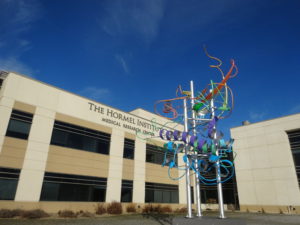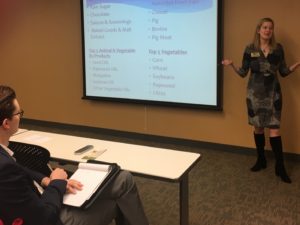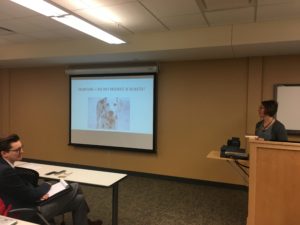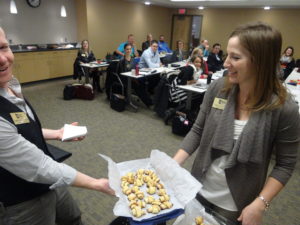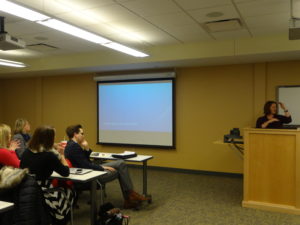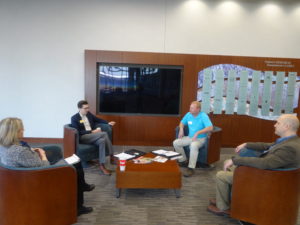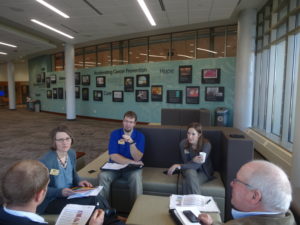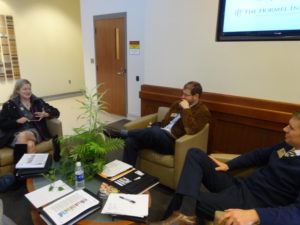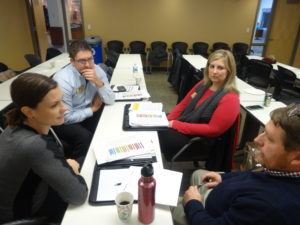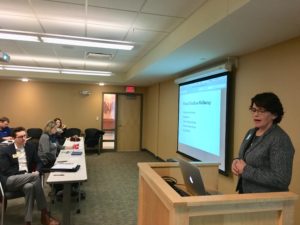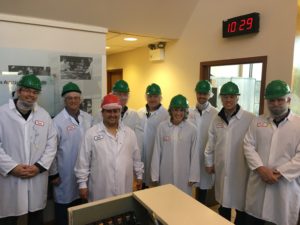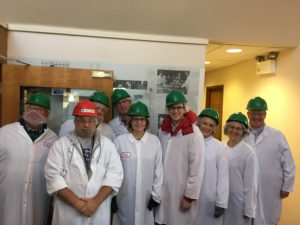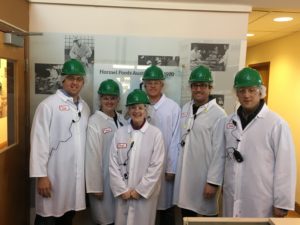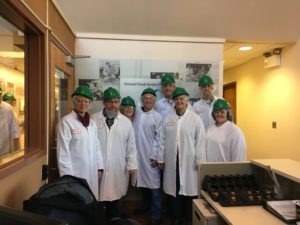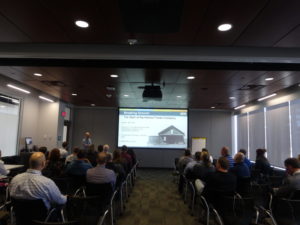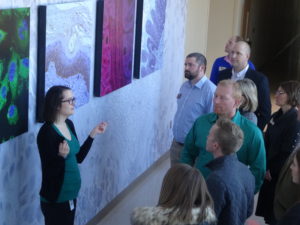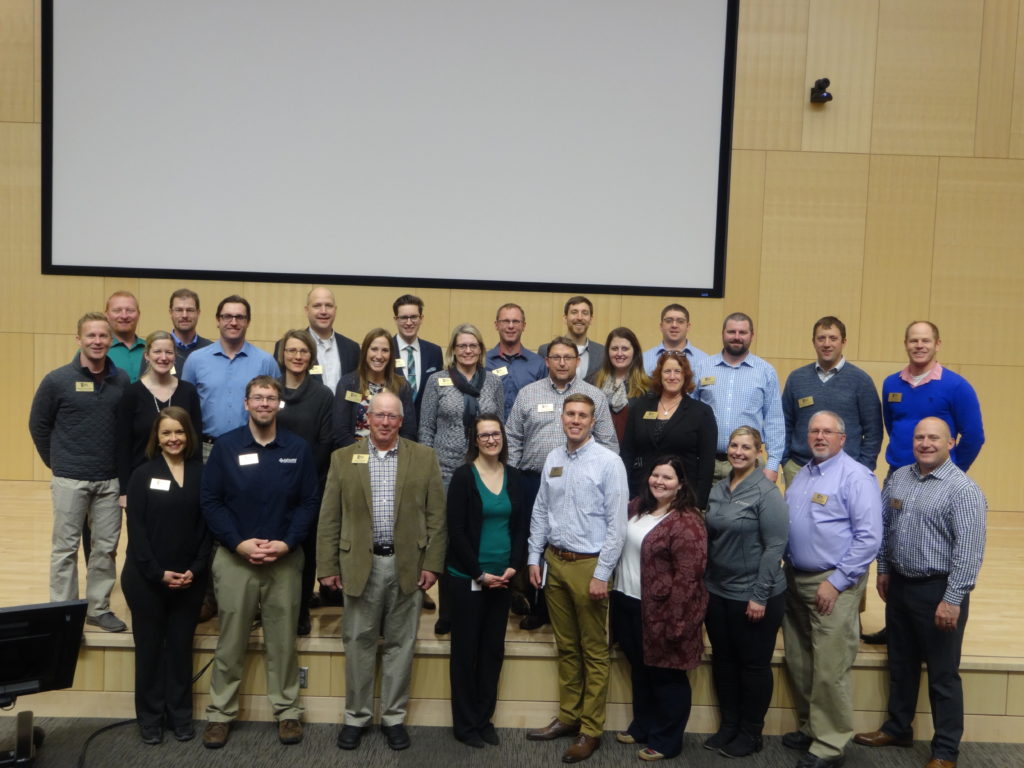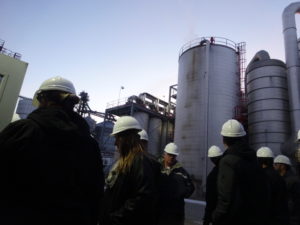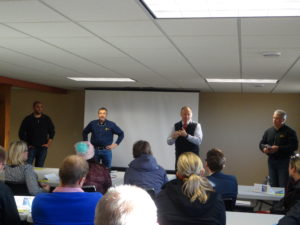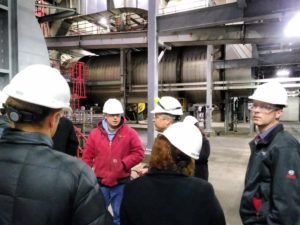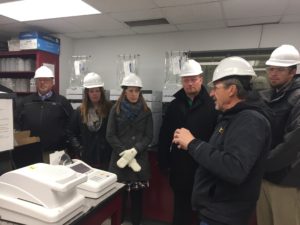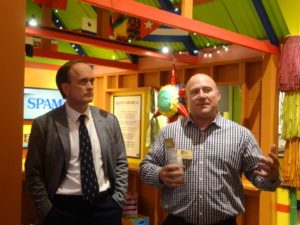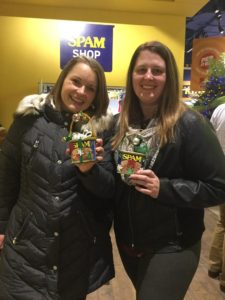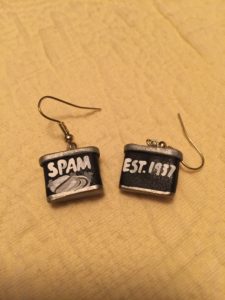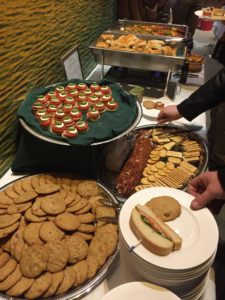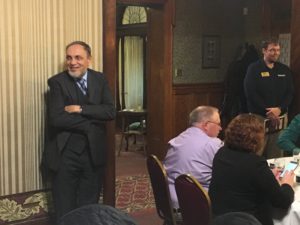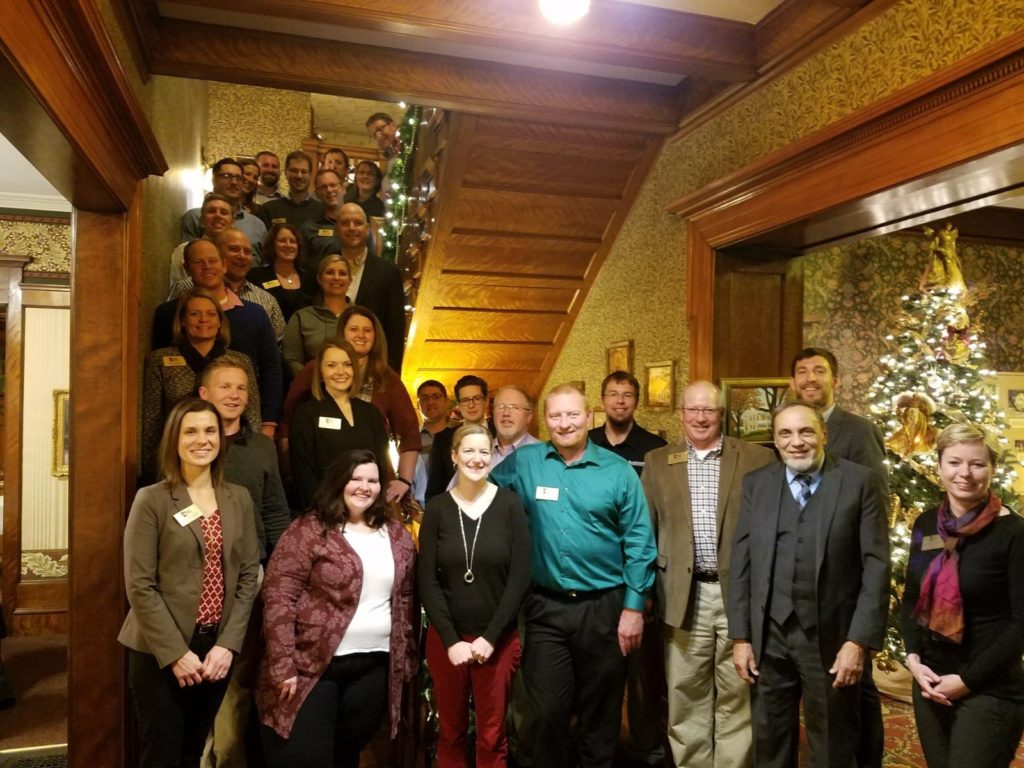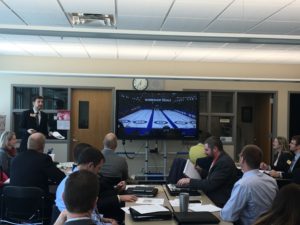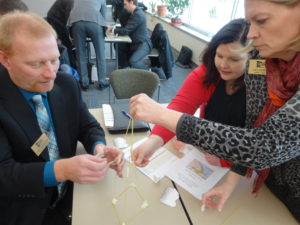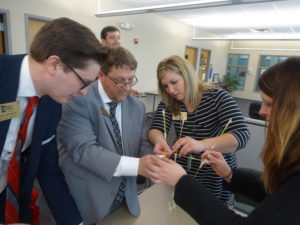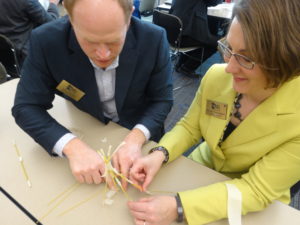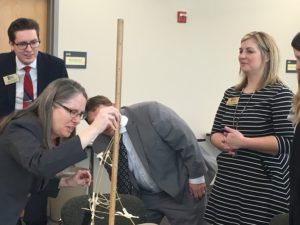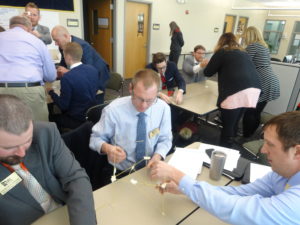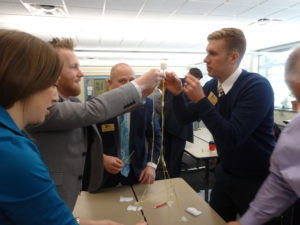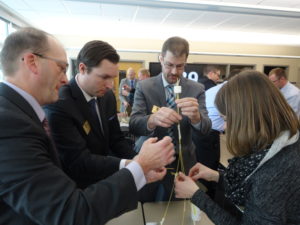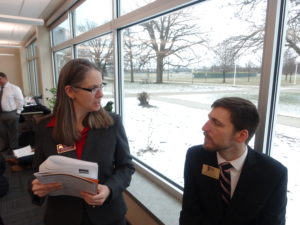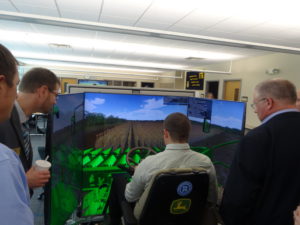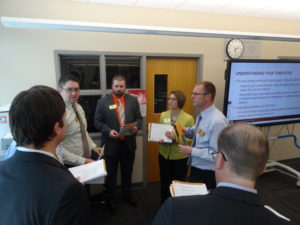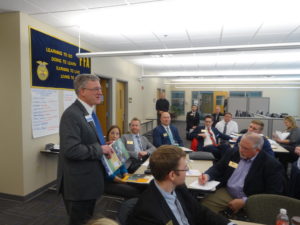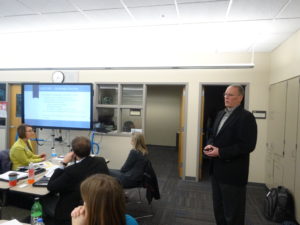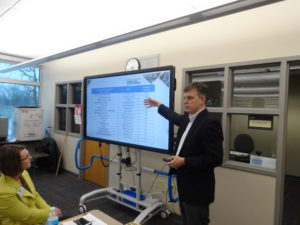Our time in Austin wrapped up with Class IX coming together as a group to learn more about Croatia, spend time in our coaching groups, and have an open and honest discussion about mental health and resilience in rural America.
Several of the MARL members gave reports about our international destination. We learned about the labor force and certain regions, even got to taste some Croatian food made by Angela Guentzel. Pat O’Connor had some interesting news for us regarding a weather event that is unique to Croatia. I encourage you all to look up a Bura in Croatia. It is a strong wind system that comes up without warning in the winter months. Winds can reach 135 mph and last for an hour and then it will be over. It brings no rain with it, just wind. It could make things interesting.
We also spent an hour Friday morning in our EQ-I coaching groups. We were tasked to think about and talk through with each other about items, events and occurrences in our lives that we wanted some insight from our coaching group on. I know my time with my group has been invaluable and I look forward to their words, encouragement, and advice every time.
We finished up our time with Cynthie Christensen, a MARL Alumna who works in Mental Health. She had an excellent presentation that opened the door to conversation around mental well-being and how folks in rural areas handle depression, stress, and anxiety. These topics are hard to talk about and it is important that the opportunity is there to have discussions and understand more about what to look for and how to help others.
Seminar 8 in Austin was memorable for many reasons but once again it was our time together as a class, learning and participating with each other, that truly brought us greater understanding about leadership and the worlds we operate in. Looking forward to Seminar 9 in Perham!
Submitted by Ashley Schmeling
Find more posts regarding this seminar and more here…
